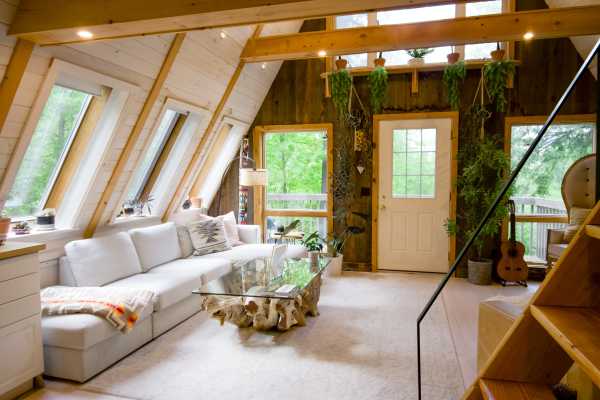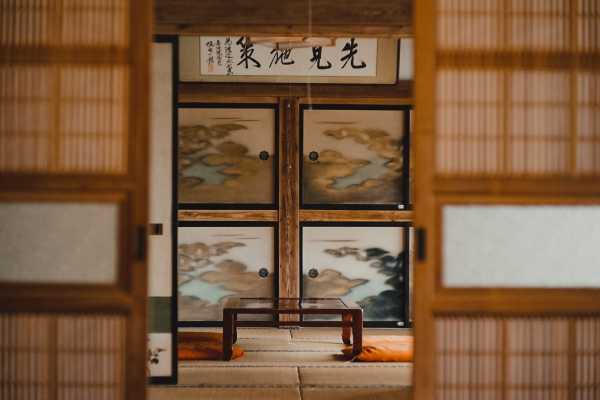Biophilia: How bringing nature indoors can improve your well-being
17 April 2023
Emma Lucey
You know that feeling that washes over you when watching a sunset from the beach, walking through the bush or simply noticing a beautiful flower on your way to work? That feeling is called biophilia and you can bring it into your home.
Why does it make us feel better?
As human beings, we share a deep and innate connection with the natural world, a phenomenon that has been termed biophilia. The term biophilia was first coined by biologist E.O. Wilson in the 1980s to describe our inherent inclination to seek connections with the natural world and other living beings.
These connections are brought about through connection with nature, but that connection doesn't necessarily have to occur outdoors. Bringing nature indoors can also have a significant impact on our well-being, and there is ample scientific evidence to support this.
Several scientific studies have been conducted to investigate the impact of biophilic design on human health and well-being. These studies have shown that biophilic design can improve cognitive function, reduce stress levels, and increase productivity. In addition, biophilic design has been found to lower blood pressure, heart rate, and cortisol levels.
Wood engages all of our senses, and for many individuals, the act of touching wood is not solely a superstitious gesture but also a response to the material's unique texture and comforting warmth. When we are surrounded by nature, we feel more relaxed and at ease, which has a positive impact on our well-being. Wood offers a tangible link to the natural world; it is a natural material that can be utilised with little processing, providing not only practical functionality but also aesthetic beauty.
In a Japanese study, 14 individuals were monitored for physiological responses in rooms with wooden or steel wall panelling. Results showed that wooden panels significantly decreased blood pressure, while steel panels increased it.

Wood in different cultures
Wood has been used for thousands of years in different cultures for its aesthetic and functional properties. In Japan, for example, wood is a central feature of traditional architecture and is used extensively in interior design. In Scandinavian countries, wood is a popular choice for furniture and home decor. Many indigenous cultures also have a deep respect for wood and use it in a variety of ways for spiritual and practical purposes.
In Feng Shui, the wood element represents growth, vitality, and energy. By incorporating wood elements into our homes and workplaces, we can create a more harmonious and energetic environment. Wood elements can include plants, wooden accents, and natural wood furniture, tools, toys or utensils.

Wood and the environment
Not only is wood good for our health and well-being, but it also has environmental benefits. Wood is a renewable resource, and when harvested responsibly it is an excellent sustainable alternative to conventional building materials and furniture. In addition, wood has the ability to store carbon, which can help to mitigate the effects of climate change.
What is carbon and why is stored carbon good for the environment?
Carbon is a chemical element that is present in all living organisms and is an essential component of the atmosphere. As trees grow, they absorb carbon dioxide from the air around them and produce oxygen through photosynthesis. When the wood from those trees is harvested and used for building materials or furniture, the carbon remains stored within it.
This helps to reduce the amount of carbon dioxide in the atmosphere, a crucial step in lessening the effects of climate change. So, you can feel even better about buying wood products for your home!
Incorporating biophilic design into our homes and workplaces not only has a significant impact on our well-being but also has environmental benefits. Additionally, wood is a sustainable choice for building materials and furniture, as it stores carbon and is renewable. By bringing nature indoors and incorporating wood elements into our environments, we can create a more harmonious, energetic, and sustainable world.
Learn more about the benefits of wood in the home.

Emma Lucey
Emma brings experience in digital media and communications with a background in several industries such as tourism and hospitality. Prior to joining Planet Ark in 2022, Emma spent 5 years living abroad in London & Amsterdam where she developed a greater interest in the environment and sustainability. Outside of work Emma enjoys gardening, camping and crocheting.